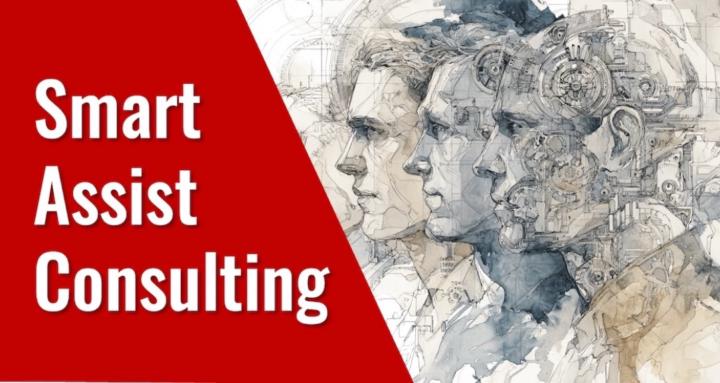Sep '25 • General discussion
The top 5 faulty beliefs about AI augmented consulting
Here are the top 5 faulty beliefs technical consultants often hold about AI augmentation, along with the reality:
1. "AI will replace my expertise and make me redundant."
Reality: AI amplifies rather than replaces expertise. Your domain knowledge, client relationships, and ability to contextualize solutions remain irreplaceable. AI handles routine analysis and documentation, freeing you to focus on strategic thinking, complex problem-solving, and high-value client interactions. The most successful consultants use AI as a force multiplier, not a substitute.
2. "AI tools are too generic for specialized technical consulting."
Reality: Modern AI systems excel at adapting to specialized domains. With proper prompting and context, AI can rapidly learn industry-specific terminology, regulations, and frameworks. Many consultants successfully use AI for specialized tasks like code review, technical documentation, compliance mapping, and domain-specific analysis. The key is treating AI as a trainable assistant rather than expecting out-of-the-box perfection.
3. "Using AI compromises client confidentiality and data security."
Reality: Enterprise AI solutions now offer robust security features, including on-premises deployment, data isolation, and compliance with security standards. Many tools enable you to use AI without exposing sensitive data through techniques such as synthetic data generation, local processing, and zero-retention policies. The risk often lies more in poor implementation than in inherent technology limitations.
4. "AI-generated work lacks the quality and nuance clients expect."
Reality: AI output quality depends entirely on how you use it. When AI serves as a collaborative tool—generating first drafts, surfacing insights, or stress-testing ideas—rather than a wholesale solution, quality actually improves. The best consultants use AI to eliminate errors, ensure consistency, and have more time for the nuanced thinking that clients value. AI helps maintain high standards at scale.
5. "The learning curve isn't worth the investment."
Reality: The initial time investment typically pays dividends within weeks, not months. Most consultants report 30-50% time savings on routine tasks after just a few weeks of integration. Starting small—automating one process like meeting notes or research synthesis—creates immediate wins. The compound effect is dramatic: consultants who invested early in AI literacy now operate at fundamentally different levels of productivity and insight generation than those who waited.
The consultants thriving with AI aren't those who adopted it wholesale, but those who strategically integrated it while doubling down on their uniquely human strengths: judgment, creativity, relationship building, and contextual understanding.
2
0 comments
powered by

skool.com/smart-assist-1015
Helping Technical Professionals Build Smart Consulting Practices with AI Assist.
Suggested communities
Powered by
